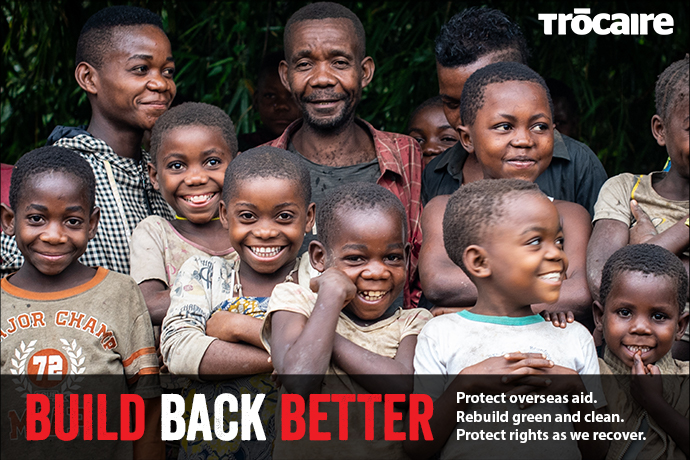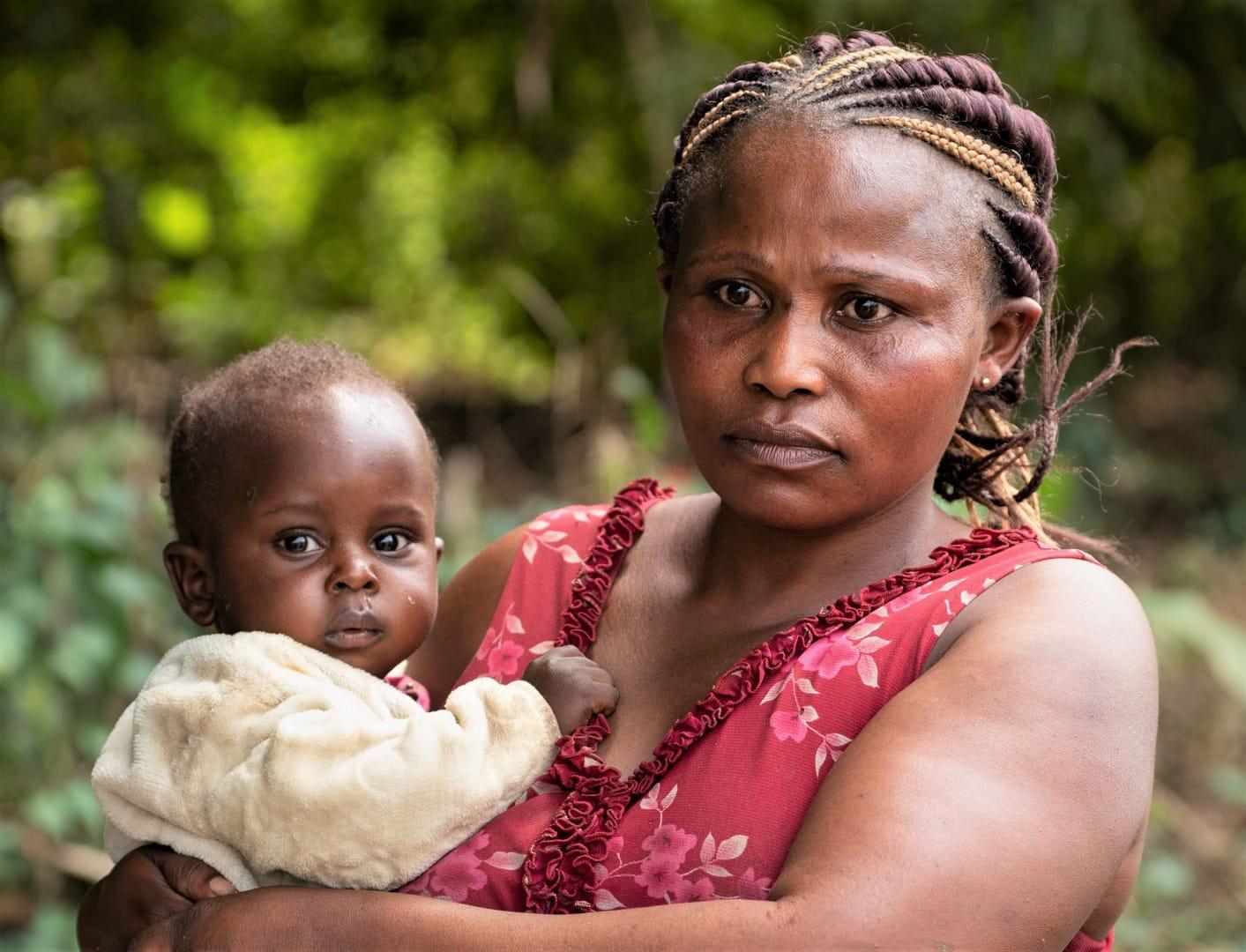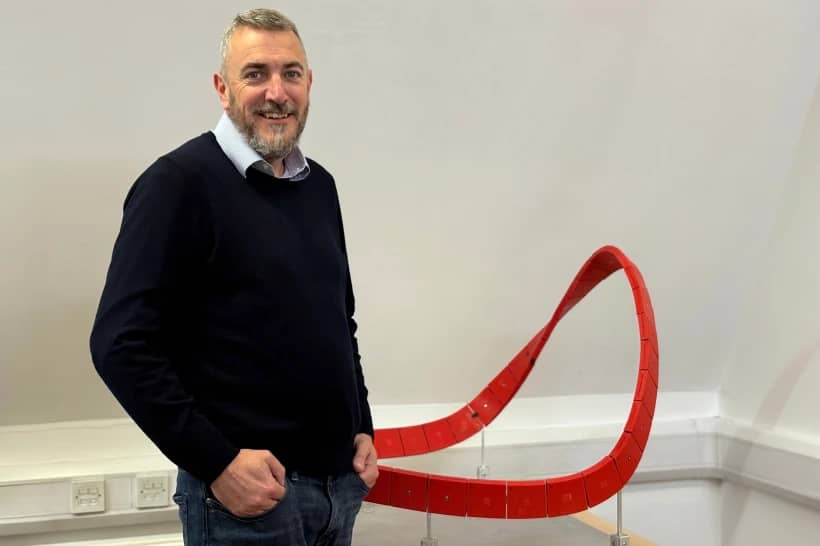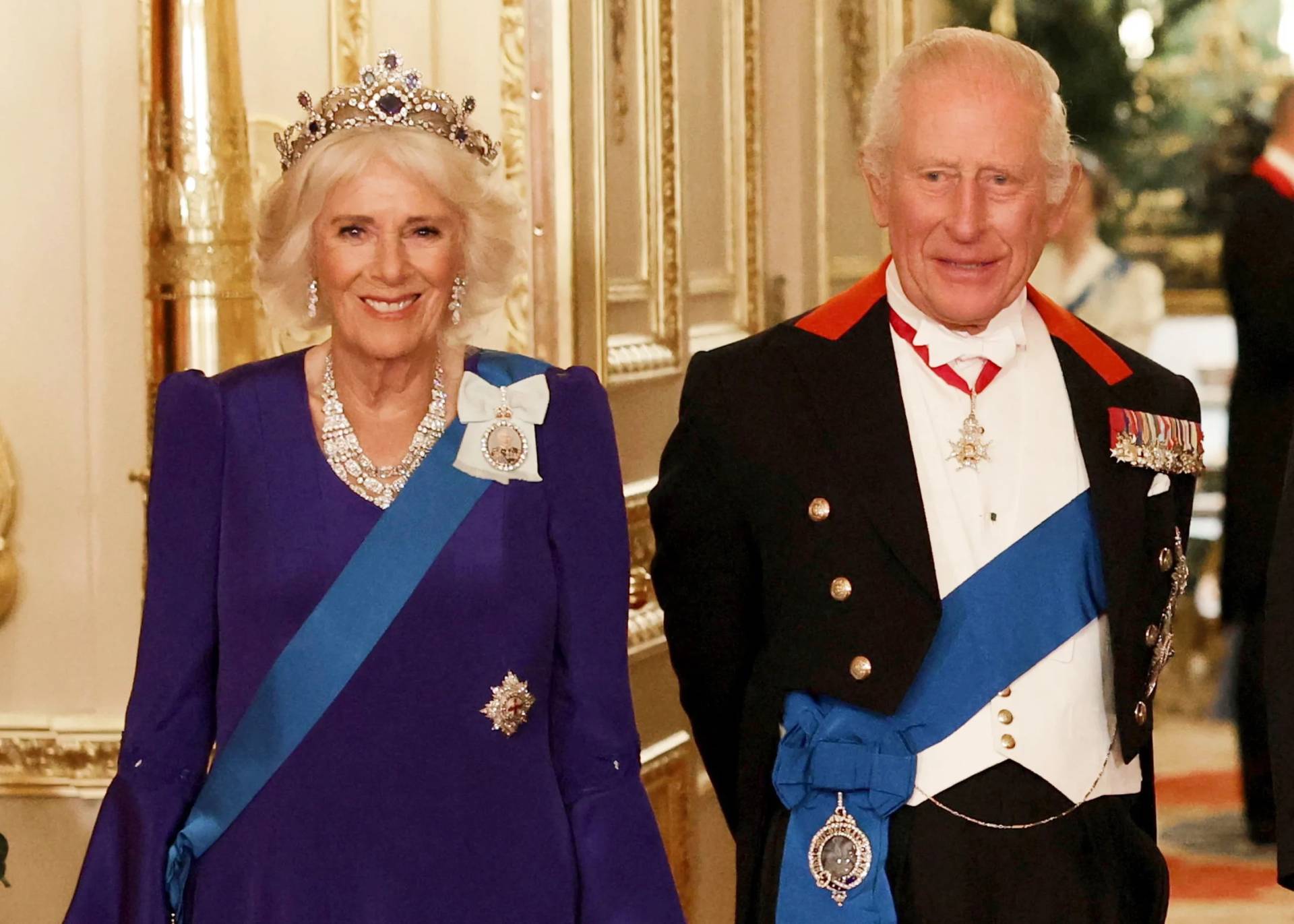LEICESTER, United Kingdom – Ireland’s leading Catholic development aid agency is urging the Irish and UK governments to help the developing world rebuild their societies and economies in a “just and sustainable way.”
Trócaire, the international development agency of the Irish bishops, launched its “Build Back Better” campaign on Wednesday with a call for international commitments from both governments on the island of Ireland to increase aid spending, and to commit to climate action and protecting human rights.
Trócaire’s campaign comes just weeks after Fine Gael and Fianna Fáil – two main parties in the country – formed a “grand coalition” with the Green Party, after a February election left no party with a majority.
“Countries including the Republic of Ireland have already committed to spending 0.7 percent of their national income on helping the world’s poorest people. That commitment amounts to spending just 70 cents for every €100 ($113), but Irish Governments have so far failed to do that,” said Caoimhe de Barra, the CEO of Trócaire.
At a time when the World Food Program has said that COVID fall-out threatens famines of ‘biblical proportions’ – with an additional 265 million people possibly facing starvation by the end of 2020 – we need to do the right thing and invest in protecting the world’s poorest people,” she added.

De Barra also noted the recent controversial decision by the UK government to merge the Department for International Development with the Foreign and Commonwealth Office. International development agencies have expressed concern that the merger could politicize the UK’s foreign aid program, as well as diminish transparency in the UK aid sector.
RELATED: UK plan to end independence of international development office ‘seriously misguided’
“Now more than ever the UK needs to do the right thing and help those in the developing world by ensuring overseas aid focuses on alleviating poverty and is not used to solely further UK national interest,” she said.
“The UK is currently meeting the spending commitment of 0.7 percent of national income, which is admirable, but the quality of that aid must be maintained. With the real possibility of cuts to the aid budget due to the effects of COVID-19 on the economy, the government must not cut spending in the areas that make the biggest difference for the poorest people, such as health, education and nutrition,” de Barra added.
She also said any politicization of the aid process to further the UK national interest “could put the lives of aid workers directly at risk and prevent aid from reaching the most vulnerable.”
Speaking to Crux, de Barra said the merger also risks “jeopardizing the UK’s reputation as a force for good in the world.”
“DFID is one of the most respected development agencies in the world – the government must take urgent steps to ensure that the high standards that DFID has set are maintained and the aid budget remains focused on eradicating poverty during this merger,” she said.
“The new department should have a clear mission statement that puts a commitment to eradicating poverty at its heart. The Foreign Secretary should commit to maintaining the proportion of the aid budget spent in the poorest countries. DFID was rated ‘Very Good’ in the 2020 Aid Transparency Index, while the Foreign Office was towards the bottom of the ‘Fair’ category. The new department must retain DFID’s approach to transparency,” she told Crux.
At the launch of the “Build Back Better” campaign, Trócaire noted that Pope Francis has said that he hoped humanity had developed the “antibodies of justice, charity, and solidarity” when faced with the temptation to return to “the globalization of indifference” when the pandemic finally ends.
“COVID-19 has highlighted how interconnected and interdependent we are,” de Barra said. “It has also highlighted how vulnerable the poorest members of our global society are to sudden shocks. Too many countries lack basic healthcare. Too many countries lack safety nets to protect their people.”
She said both the Irish and UK government can do something to help poorer countries.
“Overseas aid works. It has lifted millions out of poverty, slashed maternal and infant mortality rates, and led to more people being in school than ever before. Aid works but aid budgets are now under threat due to the COVID financial crisis. We can’t let the poorest people in the world suffer most,” she said.
Trócaire is specifically calling on the Irish Government to protect Overseas Aid from cuts in Budget 2021; pass the new Climate Action Bill within 100 days of government; introduce mandatory human rights due diligence for transnational businesses; and enact the Occupied Territories Bill to prevent the importation of goods from illegal settlements.
De Barra also told Crux Trócaire has welcomed Ireland winning a seat on the UN Security Council last month, “saying Irish values of peace, human rights and international cooperation will be a lifeline for people living in conflict and insecurity around the world.”
In addition to its appeal to keep the newly merged UK foreign affairs-international aid department from being politicized, Trócaire is calling on the UK government to ensure the new department “has a clear mission statement that puts a commitment to eradicating poverty at its heart.”
The Catholic aid agency also wants the UK government to ensure that any cuts made to the aid budget due to the effects of COVID-19 on the economy do not affect spending in the areas that make the biggest difference for the poorest people, such as health, education and nutrition.
“We have a unique window of opportunity to transform to more sustainable, resilient and inclusive societies that leave no-one behind. ‘Building Back Better’ is not a return to business as usual. Trócaire calls for a global recovery that puts both sustainability and human rights at the heart of the response at home and internationally,” de Barra said.
Follow Charles Collins on Twitter: @CharlesinRome
















